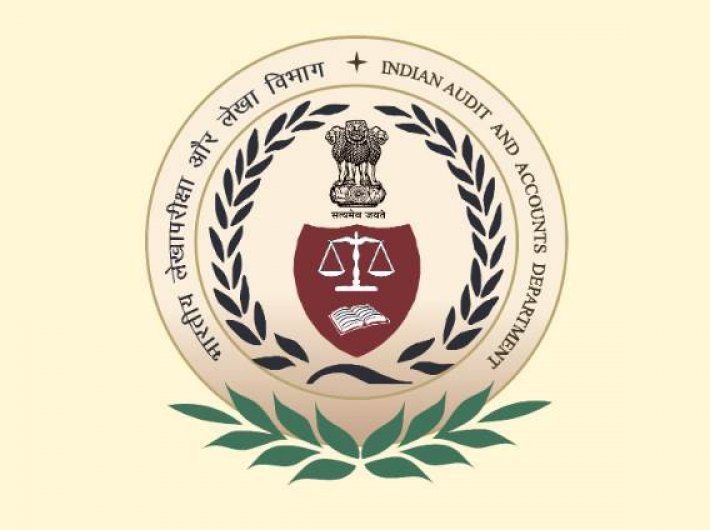In its audit report, CAG found that the department of science and technology allowed establishment of an autonomous body without the cabinet’s approval
The comptroller and audit general (CAG) of India has found major flaws in the administrative functioning of the department of science and technology (DST) and selected autonomous bodies that are under its administrative control.
Of the 28 autonomous bodies (ABs), which are also substantially funded by DST, CAG conducted a compliance audit on 19 of them, covering the period from 2009 to 2014.
The report pointed out that as per the General Financial Rules, no new autonomous institution should be created by ministries or departments without the approval of the cabinet. Yet, the International Advanced Research Centre for Powder Metallurgy, Hyderabad, was registered as a society without the cabinet’s approval. Here, DST sanctioned funds of Rs 241.04 crore during 2009-14 to the centre.
Similarly, the report said that Bose Institute, Kolkata, which was registered under the Societies Act 1860, did not comply with the provisions of West Bengal Societies Act 1961 and in spite of this, DST released grants-in-aid to the institute.
Giving another example of non-adherence to rules, the audit found that from the period 1988 to 2011, the governing body of Technology Information, Forecasting and Assessment Council, Delhi, was reconstituted four times, however, approval of the competent authority for such reconstitution was not obtained on three of the four occasions.
The report further said that 17 ABs failed to comply with the instructions of the finance ministry to incorporate restrictive clauses in their rules and bye-laws relating to the powers of the governing bodies in matters having financial implications.
Moreover, 486 posts were created or upgraded by 11 ABs though they have no powers to do so. There were also deviations from prescribed government rules and orders in the recruitment rules framed by 13 ABs for which approval of the finance ministry was not obtained.
The report further found that irregularities in grant of promotion to scientists under flexible complementing scheme by Sree Chitra Tirunal Institute resulted in inadmissible payment of Rs 8.70 crore. It also unauthorisedly paid clinical research allowance and learning resource allowance to its staff, resulting in irregular expenditure of Rs 6.86 crore. The audit added that the institute paid Rs 1.53 crore as hospital patient care allowance without obtaining approval of DST.
Meanwhile, three ABs granted extension of service to retired staff without approval of competent authority, which resulted in inadmissible payment of Rs 3.41 crore.
CAG also noted that DST did not conduct peer review for any of its 17 selected ABs as envisaged in the General Financial Rules.
The nature of grants, viz. recurring or non-recurring too was not segregated in the sanction letters issued by DST to the ABs.
The report found that utilisation certificates (UCs) submitted by the ABs to DST did not contain achievements about specified, quantified and qualitative targets as well as the actual expenditure incurred and the loans and advances given to suppliers of stores and assets, construction agencies, staff for house building and purchase of conveyance etc.
There was also a shortfall in conducting internal audit of ABs ranging from 39 percent to 61 percent as against the target fixed by DST for annual audit.
